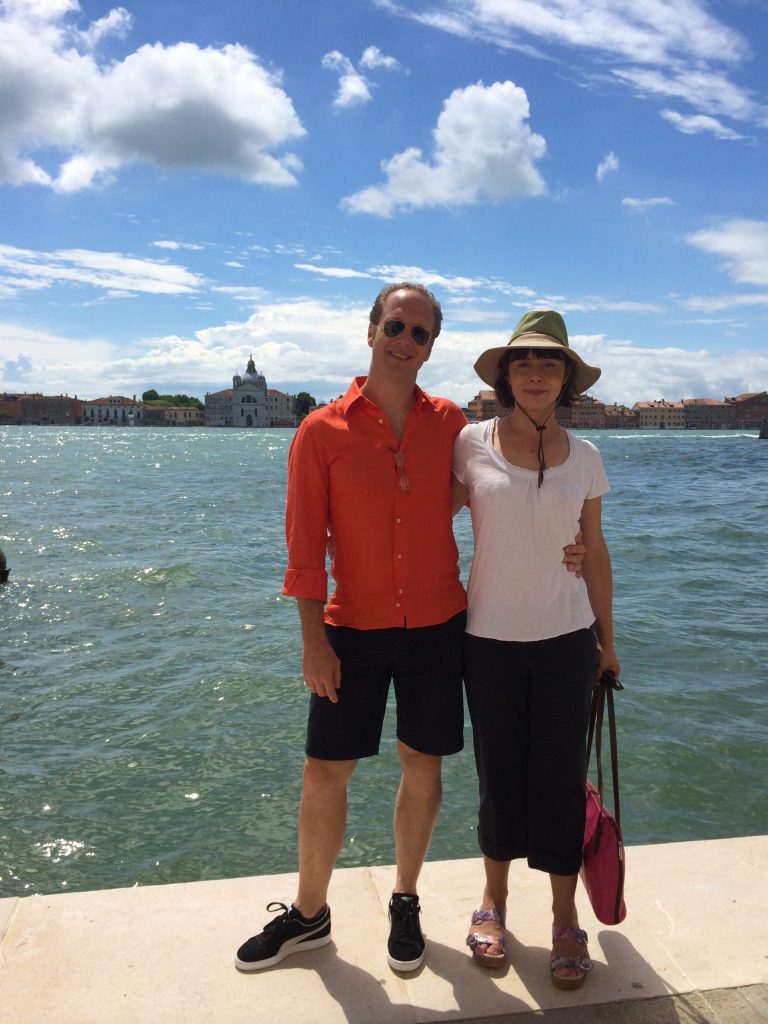Noam Chomsky, re the suppression of information in the US regarding polls of Arab opinion: “What that reveals is the profound hatred for democracy on the part of our political leadership.” (Nov 30, 2010, on DEMOCRACY NOW, interviewed by Amy Goodman).
I wish Assange had withheld certain names. I wish he’d vetted the cables to protect operatives who work for us within lethal, poisonous organizations such as Al Qaeda.
I really wish he’d slipped a condom on before having sex with that woman in Sweden, and I wish he hadn’t taken the snores of the other woman to mean consent. Because these sex charges will detract from the crucial, even urgent work Assange is doing.
But we have a big problem in the United States, and many people aren’t noticing it because we have an African American president. They wrongly assume that the “regular people,” the grassroots who, according to the lies, I mean mythology, elected Obama, are being looked out for. Surely an African American president would remember his roots among the most regular of people, African Americans, and he would care about the individual. But that is not the case.
The problem: Big Corporations are screwing individuals. ‘Big Corporations’ includes: the insurance companies, Big Pharma, Big Agribusiness, Wall Street, the medical establishment as run by Big Pharma and the insurance companies, Biotech and chemical companies, and the United States Government, which is an example of a large, unwieldy, and thoroughly corrupt corporation.
So the US government conceals things from American citizens. Things like diplomatic spying and the results of polls in the Arab world.
How about this one: how many people in the US know that Obama showed up at the G20 summit in London in 2009 with a huge entourage? Specifically, Obama had 500 staff in tow, including the White House kitchen staff, 200 secret service agents, 6 doctors, 35 vehicles, 4 speechwriters, and 12 teleprompters. (See www.scrippsnews.com/node/42183) I guess they don’t have teleprompters in London? Or maybe the British are so penurious they wouldn’t lend a few to Obama?
This wasn’t widely reported in the US–but the Brits poked fun at Obama. It’s a little shocking to read about this kind of lavish spending, but it isn’t the only time. The Obamas have taken some vacations that are, well, Republican-worthy. Marie Antoinette is alive and well and reborn!!
Big Pharma deceives people by, for example, not telling them that CoQ10 will greatly reduce the side effects of statin drugs. Big food conglomerates lie to the American public by pretending that high fructose corn syrup and msg are non-toxic. The FDA has sold us all down the river to be poisoned, sickened, and fattened up by toxic chemical additives, pesticides, and preservatives. Let’s not even start with Genetically Modified food, which has NOT been tested. Just wait until the first Terminator plant genes start crossing the species barrier–it’s called genetic drift–and make human beings sterile.
Big Insurance gouges the American consumer. Our lousy health insurance went up 20% for 2011–WHY? Nothing else has gone up 20%–I’m not paying 20% more for milk, eggs, or clothing. So WHY HAS OBAMA PASSED A ROTTEN HEALTH INSURANCE ACT WHILE STILL ALLOWING BIG INSURANCE TO RAPE AMERICA?
WHY DOESN’T OBAMA ATTACK THIS PROBLEM AT ITS ROOT: THE GREED OF HEALTH INSURANCE COMPANIES?
Is it because Obama has taken too much money from those companies to even attempt to rein them in?
Are people aware of how Big Insurance won’t allow doctors to run tests or offer medical treatments that individuals need, because those tests or treatments are expensive? How it compensates doctors for NOT running necessary tests? All so HEALTH INSURANCE COMPANIES CAN EARN OBSCENE AMOUNTS OF MONEY?
All this goes to show, we need MORE Wikileaks–not less. The world is increasingly run by big corporations who show nothing more, and nothing less, than contempt for individual human beings. Our only hope of addressing this kind of self-serving corruption is through transparency.
Mr. Assange: I am rooting for you. I hope you get out of your legal troubles, and I hope you learn to be real careful about sex. Most of all, I am praying that you will turn your attention to the real villains, the true governors of our world: the big corporations. Let’s see some of their internal documents. Start with Oxford, AON Corporation, Aetna, Assurant, AMS, and Unicare. Move on to Monsanto, Merck, Pfizer, Bristol-Myers Squibb, Astrazenica. Then Kraft, Cargill, Pepsico, Bunge.
But I somehow think you will not get the chance to do this important muck-raking work. Because the billions of billions of dollars earned by these companies means that they are worrying that you will do exactly as I’ve asked. And you and Wikileaks are, for them, better off dead.










